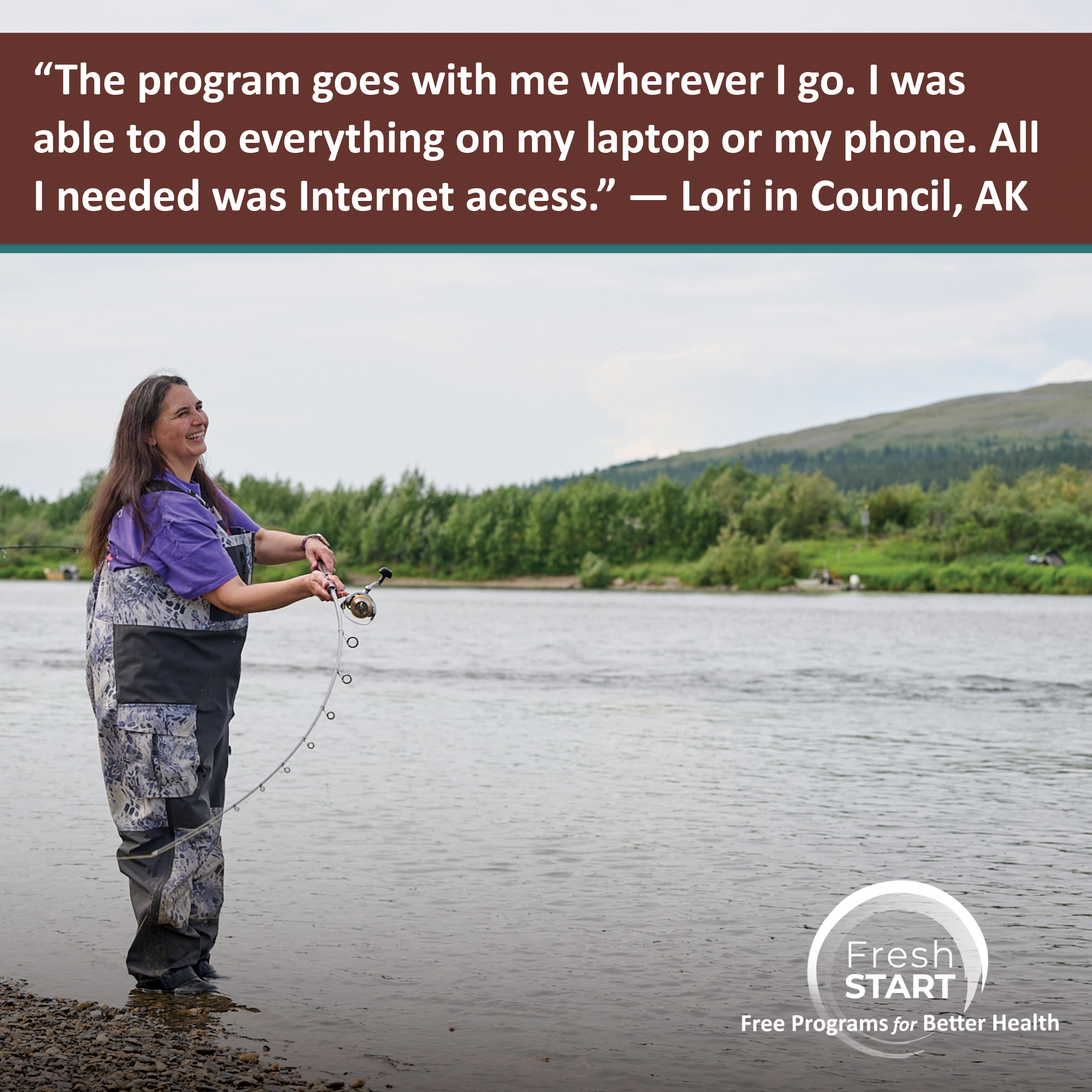Connecting state and local government leaders
There are ways to stave off the health and financial challenges that come with an older population, experts say.
Experts have raised concerns over what an aging population means for state and local government workforces, as more baby boomers retire every year. But it’s not just a workforce gap that policymakers should be concerned about, experts said at a webinar hosted last week by the Urban Institute.
Older adults expect their health to decline as they age, but for some, their income and savings cannot keep pace with their increasing health care needs. An August study found that for older adults in higher economic groups, healthy life expectancy increased by up to two years from 1994 to 2018. For lower-income individuals, however, life expectancy was about the same or slightly less in 2018 than in 1994. Lower-income adults were also more likely to face adverse health conditions such as hypertension, diabetes and heart disease.
With more adults above age 60 than children below age 15 in the U.S., policymakers must consider how they can support an aging population through policies and programs to ensure residents have a quality life as they grow older, said Jack Chapel, co-author of the study from Columbia University and the Schaeffer Center for Health Policy and Economics at the University of Southern California.
Managing a chronic illness can be difficult, particularly for older adults who may need additional technical or financial support to manage their health, said Kathleen Cameron, senior director of the Center for Healthy Aging at the National Council on Aging, or NCOA. Health issues in older adults are especially apparent in rural communities where hospital closures cut off ancillary services that could otherwise support chronic disease prevention and management efforts.
Government-funded health and wellness programs, however, can provide the infrastructure and services to help older individuals manage their medications or connect them with resources to ensure their access to healthy foods that can address age-related health conditions, Cameron said.
“Anything states can do to help promote the aging network is going to be important for older adults, particularly those who are low income,” she said. “People who have adequate incomes, [with] a lot of these [health] problems, they can pay for those services [like] a geriatric manager who can help them. But those who are low income cannot.”
Plus, supporting health and wellness programs can help states from a fiscal perspective, as the number of government services older adults need tends to increase as they age, she said. States already have a lot of older individuals on their Medicaid programs, for instance, so the more they can do to keep older residents healthier, the more they can contain health care costs.
“If we can provide services in the home, instead of having older adults go to nursing facilities where costs are tremendously high and most people end up on Medicaid, that’s going to impact the Medicaid budget, which is a huge component of every state budget,” Cameron said.
Take Alaska, whose Department of Health has supported a comprehensive health improvement program for residents since December 2022 that aims to manage and prevent the onset of adverse health conditions. The Fresh Start program offers services to help residents lose weight, lower their blood sugar, prevent or manage diabetes, stop smoking or vaping and exercise more. The program is free for residents and connects them with health coaches virtually or by phone to help them establish and achieve their health goals.
Fresh Start program managers targeted outreach and communications to communities where they saw the greatest health risks based on an online survey and focus groups among residents, said Jessica Downes, nurse consultant for the health department’s section of Chronic Disease Prevention and Health Promotion. More respondents from geographically isolated areas were likely to have chronic diseases, for instance, and to report they struggled to maintain their health goals if they had no one else to share the experience with.
“By having these programs on a distance-delivery platform completely free to any Alaskan who’s interested, we’re really able to overcome that inequitable access to services,” such as high treatment costs, long travel distances and a lack of providers in their communities, Downes said.

The program is expensive to run, she said, but in the end preventing chronic diseases that become common in older adults through initiatives like Fresh Start far outweighs the cost to manage them. The diabetes prevention, blood pressure management and diabetes self-management programs, for example, cost the health department about $1.5 million in federal funds per fiscal year to operate, Downes said. But that price is much less expensive than Medicaid spending for the state, which racked up $2.12 billion in costs for fiscal year 2020, $1.67 billion of which went toward covering chronic diseases like diabetes.
“If we’re able to delay the onset of diabetes, even if we delayed it by one year … that is a decrease in the out-of-pocket cost to individual Alaskans [and] in the cost of our Alaskans who are under our Medicaid system,” she said.
The Fresh Start program has been well received by residents as well. The health department offered no-cost health improvement programs for many years, but they operated on separate websites until Fresh Start launched, which made it hard for residents to navigate. A year after the comprehensive program launched, however, 4,000 Alaskans had enrolled—“more than we’d ever enrolled in all of our previous years of the programs combined,” Downes said.
Program data showed that 1,850 Alaskans signed up through the statewide Tobacco Quit Line initiative, and more than 2,000 residents entered programs for weight loss for diabetes prevention, blood pressure and diabetes management.
And the department’s efforts to improve residents’ health outcomes are paying off. More than 70% of Alaskans who joined the diabetes management program, for instance, achieved their goal of reducing their A1C, or blood sugar levels, by an average of 1.6 points to healthier levels, Downes said. If a person starts the program with an A1C of 7, which is considered poor glucose control, then a 1.6-point reduction could bring them to healthier levels.
“Older adults need to be motivated to go to something like these community programs and to understand what benefits the programs provide them,” NCOA’s Cameron said. “Once they’re hooked, they love the programs and often develop friends and continue to do things [learned from the program] long after the program itself.”
“A healthy social marketing campaign … presents the information and encourages changes in behavior,” Downes said, after recalling that many survey respondents said they didn’t know the state even offered health improvement programs. “We then pushed our media out … to the whole state but primarily delivered in the geographic regions and the ZIP codes that we found to be the highest risk.”
A key component to the media campaign was incorporating actual Alaskan residents in promotional videos and images because it shows that the program and its results are applicable and attainable for residents. “We went to a fish camp with a participant, and she talked about how losing weight helped her feel more comfortable in her body while she was fishing, berry picking and being active in the community. And she was still able to do the program even though she was in a teeny, tiny fish camp outside of an urban setting,” Downes said.
“States and local communities can really help create a culture of wellness through programs and services that they support,” Cameron said. “What we do in our teens, 20s, 30s and 40s is going to impact our health when we’re in our 60s, 70s, 80s and 90s.”

NEXT STORY: Gunfire, screams, carnage: As mass shootings proliferate, training gets more realistic




